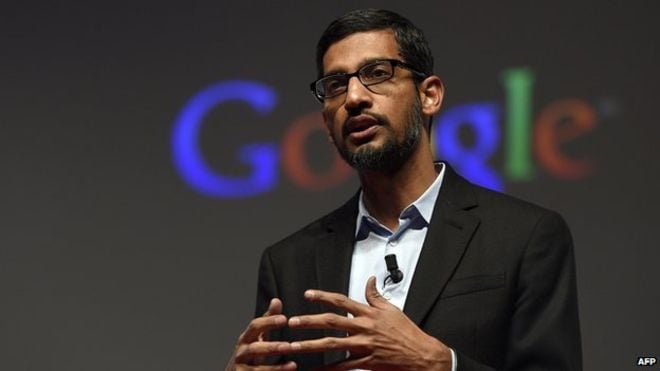Latest world news
Human Rights Day 2021: Theme, history, significance| All you need to know
Human Rights Day is observed every year on December 10. Every human being in this world has a fundamental right that they must be aware of.

Latest world news
HMPV outbreak in China sparks concerns: Symptoms, Spread, and Preventive Measures
Latest world news
Mass shooting outside New York nightclub leaves 10 injured
Latest world news
“We must move faster”: Sundar Pichai’s strategic push for AI leadership in 2025
-

 Latest world news7 hours ago
Latest world news7 hours agoHMPV outbreak in China sparks concerns: Symptoms, Spread, and Preventive Measures
-

 Entertainment5 hours ago
Entertainment5 hours agoFriday OTT releases (January 3, 2025): New movies and web series to watch
-

 Auto7 hours ago
Auto7 hours agoHyundai unveils the Creta Electric SUV: A new era for Indian electric vehicles
-

 Cricket news8 hours ago
Cricket news8 hours agoKhawaja falls on last ball of Day 1 as Australia edges ahead in fifth Test
-

 Entertainment7 hours ago
Entertainment7 hours agoRam Charan shines in action-packed ‘Game Changer’ trailer: A battle against corruption
-

 Lifestyle6 hours ago
Lifestyle6 hours agoBeware! Room heater may blast in the cold, avoid these 5 mistakes immediately
-

 Entertainment6 hours ago
Entertainment6 hours agoYeh Jawaani Hai Deewani re-release revives nostalgia for Bollywood’s romcom era
-

 Cricket news4 hours ago
Cricket news4 hours agoRishabh Pant breaks silence on Rohit Sharma’s decision to drop himself for the fifth Test












